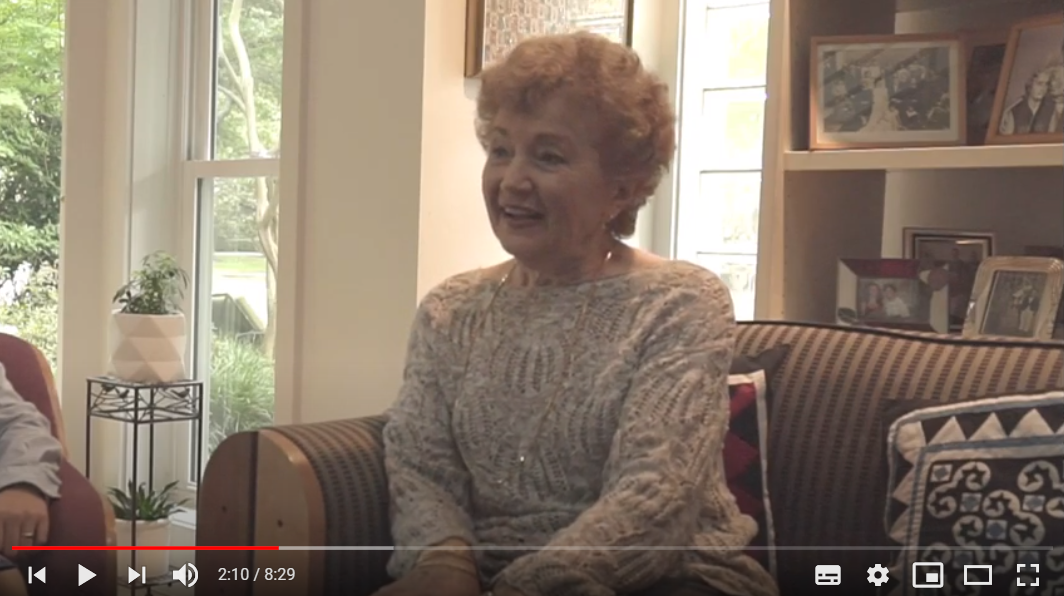23th Abril 2021 – Shabbat is almost here
And today we’ll listen to Jack Mayesh, Sephardic singer born in Kushadashi (currently Turkey) in 1899, and who moved to USA in 1929, with a song that has crossed cultures and generations: Misirlu.
 Hello, how are you?
Hello, how are you?
I hope very well! I have a superb plan for this afternoon: at 5 pm I will read a piece of El Quijote de La Mancha, the famous novel by Miguel de Cervantes. Today it is the Day of the Books and this “ritual” of the continuous reading of the master piece of literature uses to be done by different organizations. I will do it at the Casa de Castilla-La Mancha, in Madrid. I am thrilled! By the way, did you know that some scholars claim that Cervantes was a crypto-jew? Read more about this in Jewish Virtual Library or in The Jerusalem Post.
Back to the music! I have already talked about Ladinokomunita in MBS. In particular, in the edition about Izak Algazi. And Ladinokomunita, that means something like “community of Ladino”, is an email group (currently on groups.io) where people from different generations write in Ladino and exchange information, links, greetings… I can’t write Ladino but I understand 99,9%, as I am Spanish, and it is a pleasure because it is a very beautiful language, it transmits a lot of sweetness to me. If you speak Spanish, this is the homepage.
The Ladino languaje is called also Djudeo-Spanish, Judezmo, Españolit or just Español (Spanish), for the Jews from who it was the languaje they spoke in Spain. At the time of the expulsion, Spain was not a state, but the land has been called “las españas”, a geographical and cultural rather than an administrative concept. The Iberian peninsula was splittled in several kingdoms and the Jews were expelled from the kingdoms of Castilla and of Aragon in 1492, from the kingdom of Navarra in 1498 and from the kingdom of Portugal in 1496.
Ladinokomunita was founded by Rachel Amado Bortnick, in 1999. I talk more about her, below. After this MBS it will be the first time when I contact her directly to say her thank you for this initiative she had and the work of keeping the group alive for 22 years.
So, a few days ago the Misirlu by Jack Mayesh was brought into the group and this is the music we will enjoy today.
| Share the joy of music and learning with your beloved ones. Share MBS. Thank you in advance. |
| Share this with a friend, right from |
About Rachel Amado Bortnick
There is a brief bio of her in Academia.edu:
“Rachel Amado Bortnick was born and raised in Izmir, Turkey. She moved to the United States in 1958 on a scholarship from Lindenwood University in Missouri, from which she received a BA in Chemistry. She and her American husband got married Turkey, then lived in Holland and in Israel, before returning to the United States […] Now Rachel resides in Dallas.”
In the website of Academia.edu you can read it complete and access two papers written by Rachel.
Rachel has entries in several other places, also in English, like The Encyclopedia of Jewish Women, and eSefarad.
She is the protagonist of the documentary by Bonnie Burt “Trees Cry For Rain: A Sephardic Journey”, of which you can see the trailer here and a little part (3 minutes) here ? And you can rent it in Vimeo.
| Share this with a friend, right from |
About the artist, Jack Mayesh
 This handsome gentleman is Jack, or Jak, Mayesh. The picture is from the fantastic website of SephardicMusic.org (there is a little interview with its creator, Joel Bresler, in this previous edition of MBS).
This handsome gentleman is Jack, or Jak, Mayesh. The picture is from the fantastic website of SephardicMusic.org (there is a little interview with its creator, Joel Bresler, in this previous edition of MBS).
According to that website:
“Jack Mayesh was born on July 7, 1899 in Kuşadası, then part of the Ottoman Empire. He immigrated first to New York City, where he married Flora Salmoni, of Rhodes, in 1924. The family moved to Los Angeles around 1929, where Mayesh led a successful profession in the wholesale flower business.”
Read it complete in the website. I will summarice some basics here: he served as cantor at the three principal Los Angeles Sephardic congregations. He made nine recordings for his own label, Mayesh Phonograph Records, and three for Me-Re, all in Judeo-Spanish (also called Ladino). He died in 1969 but he is alive with his music and through the flower business, that is still working with the same name (the current owner are not Jack’s family). There is a website, Mayesh.com.
All these facts are from SephardicMusic.org, that is doing an absolutely outstanding work. Some people make a difference and Jack Mayesh is certainly one of those people. Joel Bresler is another one. ?
About the song, Mayesh’s Misirlu
Misirlou or Misirlu or Missirlou… is a very popular melody that has been covered from many approaches. For sure you have listened to many. It seems the first recording or at least the first that has been traced is the recording by Tetos Dimitriades and Nikos Roubanis in 1927, that you can listen to here. Roubanis registered the copyright but it is thought the melody was popular from before. The lyrics in Ladino were done by Jack Mayesh and he recorded it in 1941, according to SephardicMusic.org. I haven’t found info about the qanunist Gabriel Yohai.
Find the lyrics in Ladino (as written in Ladinokomunita by Rachel Amado Bortnick) and English, under the video. In Ladinokomunita have been some conversation about the term “Misirlou” and the member Guler Orgun said that “Misir” in Turkish is Egypt, and “Misirli” or “Misirlu” means Egyptian.
? Do you want to know much more about the history of this song? Check Panayiota Bakis Mohieddin’s report, here!
Lyrics
| LADINO
No pretendas mas ke tu me amas, Aaah… missirlu. Muchos anyos te speri en vanedad Aaah… missirlu, algun dia sufrira tu korason Aaah… missirlu, |
ENGLISH
Don’t pretend anymore that you love me, Aaah… missirlu. Many years I’ve waited for you in vain Aaah… missirlu, Someday your heart will suffer Aaah… missirlu, |
Shabbat Shalom.
Araceli Tzigane | Mapamundi Música

